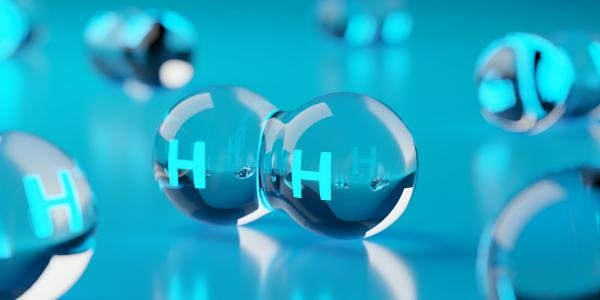Many projects are seeking to produce “green” hydrogen by electrolysis on offshore platforms using electricity supplied by wind turbines. However, before designing the required facilities, it is necessary to confirm that the materials used in the equipment are compatible with hydrogen. “A customer involved in such a project asked us if we had the right solutions. To be sure, we carried out pressure and temperature tests on an O-ring used on our connectors. We called upon Cetim to carry out this work, as they have the resources for testing in a hydrogen environment and solid experience needed to implement them. Our goal was to evaluate the behaviour of our polymer in contact with hydrogen and to check that it retained its mechanical and thermal properties,” explained Kasper Lund, Technical Manager at National Oilwell Varco (NOV). O-rings were therefore subjected to rapid gas decompression tests. They were left in an autoclave pressurised with hydrogen at 150 bar and at a temperature of 60°C for 21 days. At the end of this long period, which guaranteed good penetration of the hydrogen into the material, the O-rings underwent 20 rapid decompression cycles. They were then meticulously inspected for any blisters or cracks, weighed and measured before being cut into ten sections for close examination under an electron microscope. The results showed no damage due to rapid decompression. “Although these were very preliminary tests, they demonstrated the very promising behaviour of our material in relation to hydrogen,” added Kasper Lund.



